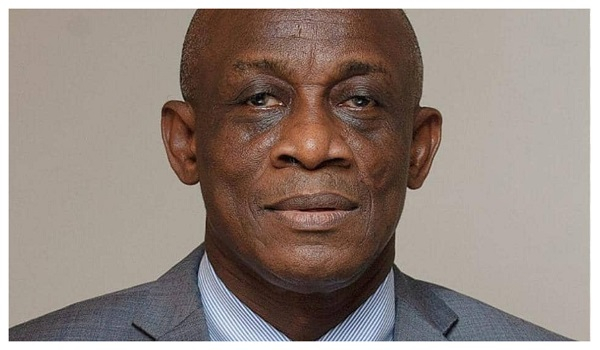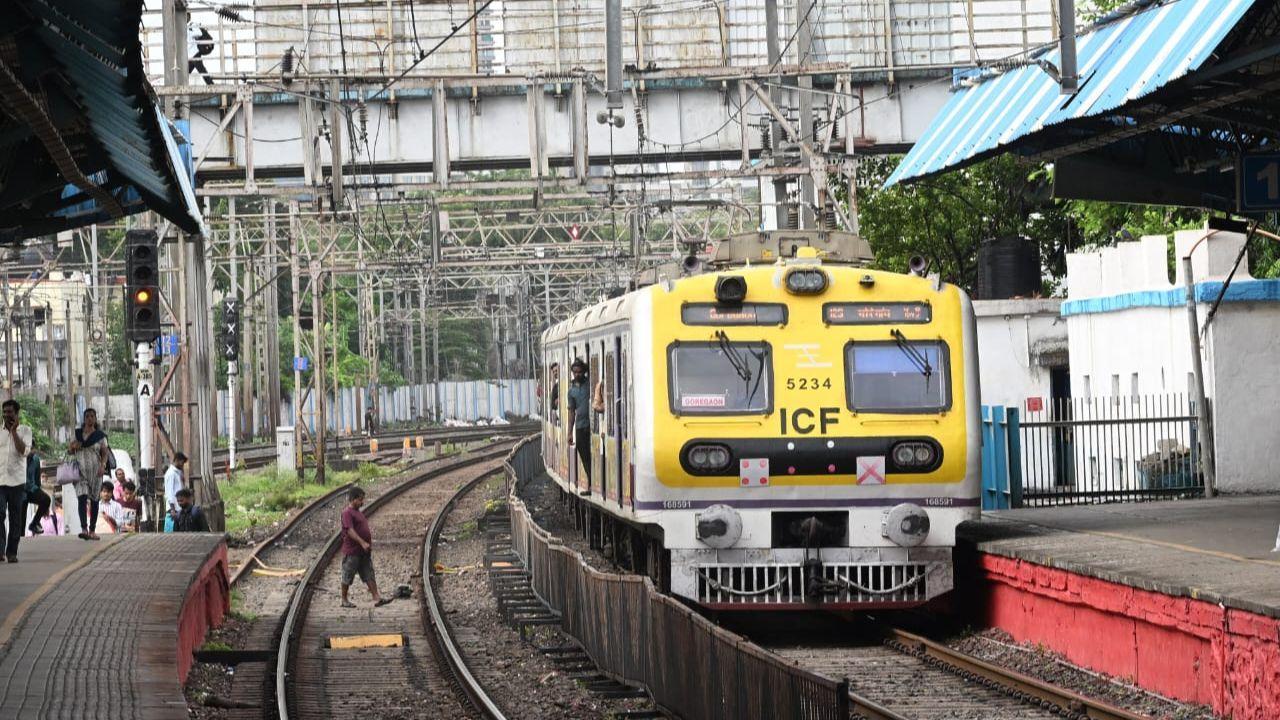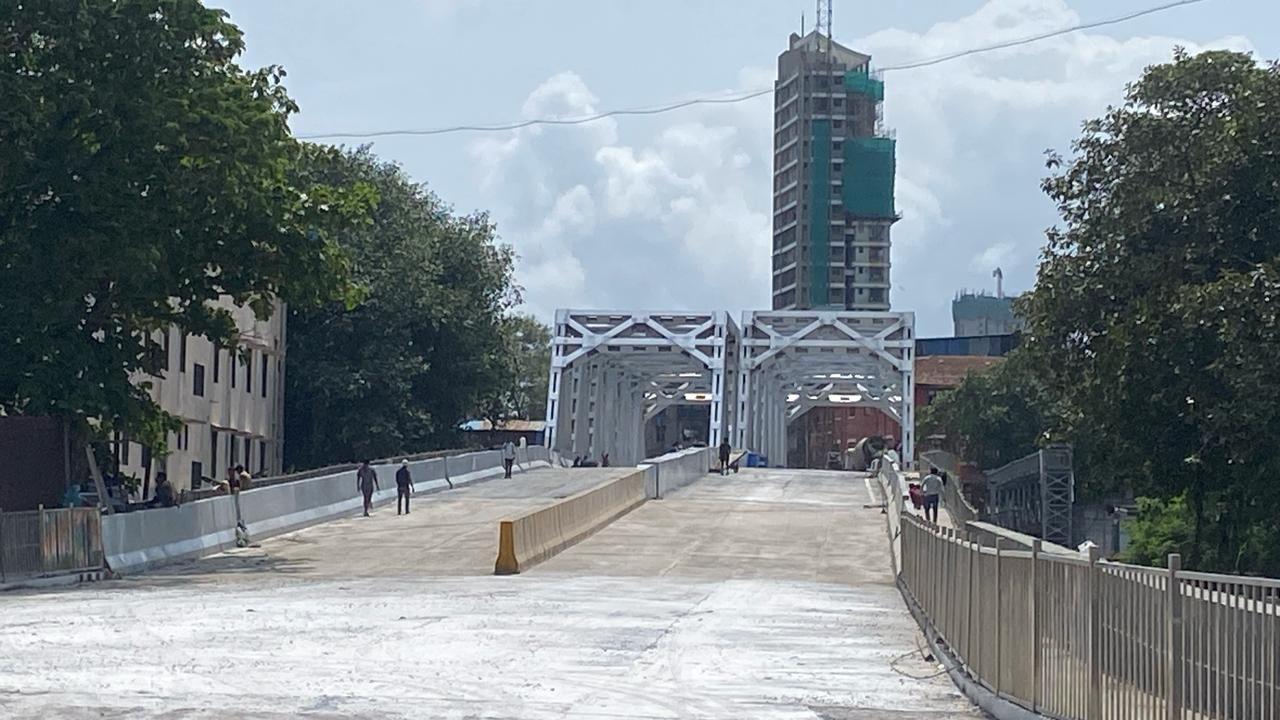Evening fever OPDs to tackle surge in monsoon illnesses
Jun 03, 2025 08:14 AM IST
MUMBAI: With the onset of monsoon showers, Mumbai’s civic-run hospitals are witnessing a sharp spike in cases of viral fever, influenza and other seasonal infections. To manage the growing patient load and offer timely care, the Brihanmumbai Municipal Corporation (BMC) has launched evening Fever Outpatient Departments (Fever OPDs) at its major hospitals. The initiative aims to provide quick screening, reduce crowding in general OPDs, and improve access to healthcare for the city’s working population.

The evening Fever OPD at Nair Hospital is already operational, while Sion Hospital will begin services from June 7. KEM Hospital is expected to follow shortly, and Cooper Hospital will start its Fever OPD within a week.
These clinics will function daily from 4pm to 8pm, a decision aimed at benefiting office-goers and workers who are unable to visit hospitals during regular working hours. “Evening OPDs allow patients to seek timely care without compromising their work or income. They also help ease the daytime crowd in our hospitals,” a senior BMC health official said.
The initiative comes amid an unusually early surge in seasonal illnesses. The sudden onset of the monsoon, coupled with fluctuating temperatures and high humidity, has led to a rise in both respiratory and vector-borne infections across the city. HT had reported that major hospitals have reported a 20–30% increase in such cases, well ahead of the usual June-July peak.
Dr Kirti Sabnis, infectious disease specialist at Fortis Hospital, Mulund, confirmed the trend. “Nearly 20–25% of our OPD patients are currently presenting with cough, cold or flu-like symptoms,” she said. “These are classic monsoon-related respiratory infections, including mild Covid-19 cases, and they’re appearing earlier than expected due to premature rains.”
Dr Mohan Joshi, dean of Sion Hospital, said the evening OPDs are essential to contain the spread of these illnesses. “Every monsoon, we face a sharp rise in cases presenting with fever—ranging from viral infections to serious conditions such as dengue or leptospirosis. Evening OPDs allow us to reach a wider section of society and provide early diagnosis and treatment before symptoms worsen,” he said.
Dr Shailesh Mohite, dean of Nair Hospital, added that dedicated fever clinics help streamline patient flow and minimise risk. “Segregating fever patients from general OPDs prevents overcrowding and limits cross-infection within hospital premises,” he said.
Doctors at the fever OPDs will screen patients showing symptoms such as fever, body ache, sore throat or rashes. Suspected cases of dengue, malaria and leptospirosis will be referred for further testing and treatment.
The BMC has also intensified its anti-dengue drive. Between January and May 2025, civic workers identified 25,169 mosquito breeding sites across the city. So far, 2,292 buildings and 2.72 million slum units been fumigated. In comparison, the entire year of 2024 saw 590,000 buildings and 790,000 slum units being fumigated—signalling an aggressive early intervention this year.
Doctors are urging citizens not to ignore persistent fever or flu-like symptoms and avoid self-medication. High-risk groups, such as children, senior citizens and those with comorbidities, are advised to seek prompt medical consultation.
With heavy rains expected in the coming weeks, BMC officials say the launch of evening Fever OPDs will be a critical tool in Mumbai’s fight against monsoon-related health risks.










